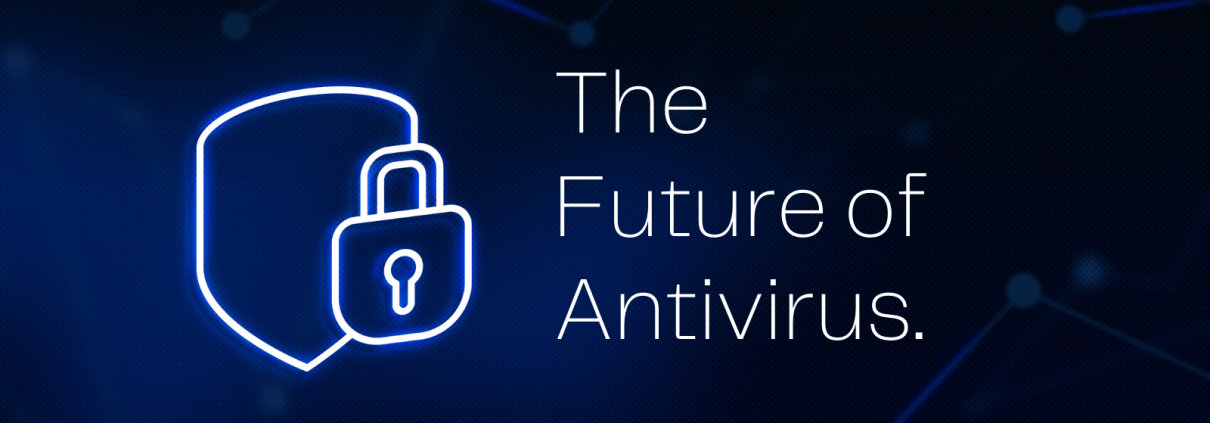The Future of Antivirus Technology
As the digital landscape continues to evolve and cyber threats become more sophisticated, the future of antivirus technology is poised to undergo transformative changes. Here’s a glimpse into the potential directions that antivirus technology might take:
1. AI and Machine Learning Integration:
Antivirus solutions will increasingly leverage artificial intelligence (AI) and machine learning algorithms to enhance threat detection. These technologies can analyze large datasets to identify patterns and anomalies that might indicate new or previously unseen threats.
2. Behavioral Analysis and Heuristics:
Antivirus software will become more adept at identifying threats based on behavioral analysis rather than relying solely on known signatures. Advanced heuristics will enable the software to detect suspicious activities and deviations from normal behavior.
3. Predictive and Proactive Protection:
Antivirus software will transition from reactive to predictive and proactive protection. AI algorithms will predict potential threats before they fully emerge, enabling users to take preventive measures.
4. Cloud-Based Protection:
Cloud computing will play a significant role in antivirus technology. Cloud-based solutions can harness the collective intelligence of a network to identify and neutralize threats in real-time, providing faster updates and responses.
5. IoT and Smart Device Security:
With the proliferation of Internet of Things (IoT) devices, antivirus solutions will extend their protection beyond traditional computers and smartphones. Smart home devices, wearables, and other IoT endpoints will be included in the security ecosystem.
6. Multi-Layered Security:
Antivirus solutions will adopt a multi-layered approach, combining traditional signature-based scanning with behavioral analysis, AI-driven threat hunting, and real-time monitoring of network traffic.
7. Zero-Day Threat Mitigation:
Advanced techniques like sandboxing and virtualization will continue to evolve, allowing antivirus software to analyze and contain zero-day threats in isolated environments before they can cause damage.
8. Privacy-Centric Protection:
Future antivirus solutions will prioritize user privacy, offering features that protect personal data from being collected or accessed by both cybercriminals and the software provider.
9. Enhanced User Experience:
Antivirus software interfaces will become more user-friendly and intuitive. Integration with other security tools and platforms will create a seamless and cohesive security ecosystem.
10. Automated Remediation:
Antivirus technology will evolve to not only detect threats but also automatically initiate remediation actions, minimizing the need for manual intervention.
11. Adaptive Threat Intelligence:
Antivirus software will adapt to emerging threats by utilizing real-time threat intelligence feeds, enabling rapid response to new attack vectors.
12. Blockchain and Encryption Integration:
Incorporating blockchain technology and advanced encryption methods into antivirus solutions could enhance data security and protect against ransomware attacks.
13. Collaboration with Human Expertise:
While automation will play a key role, human cybersecurity experts will continue to be valuable in analyzing complex threats and fine-tuning security protocols.










